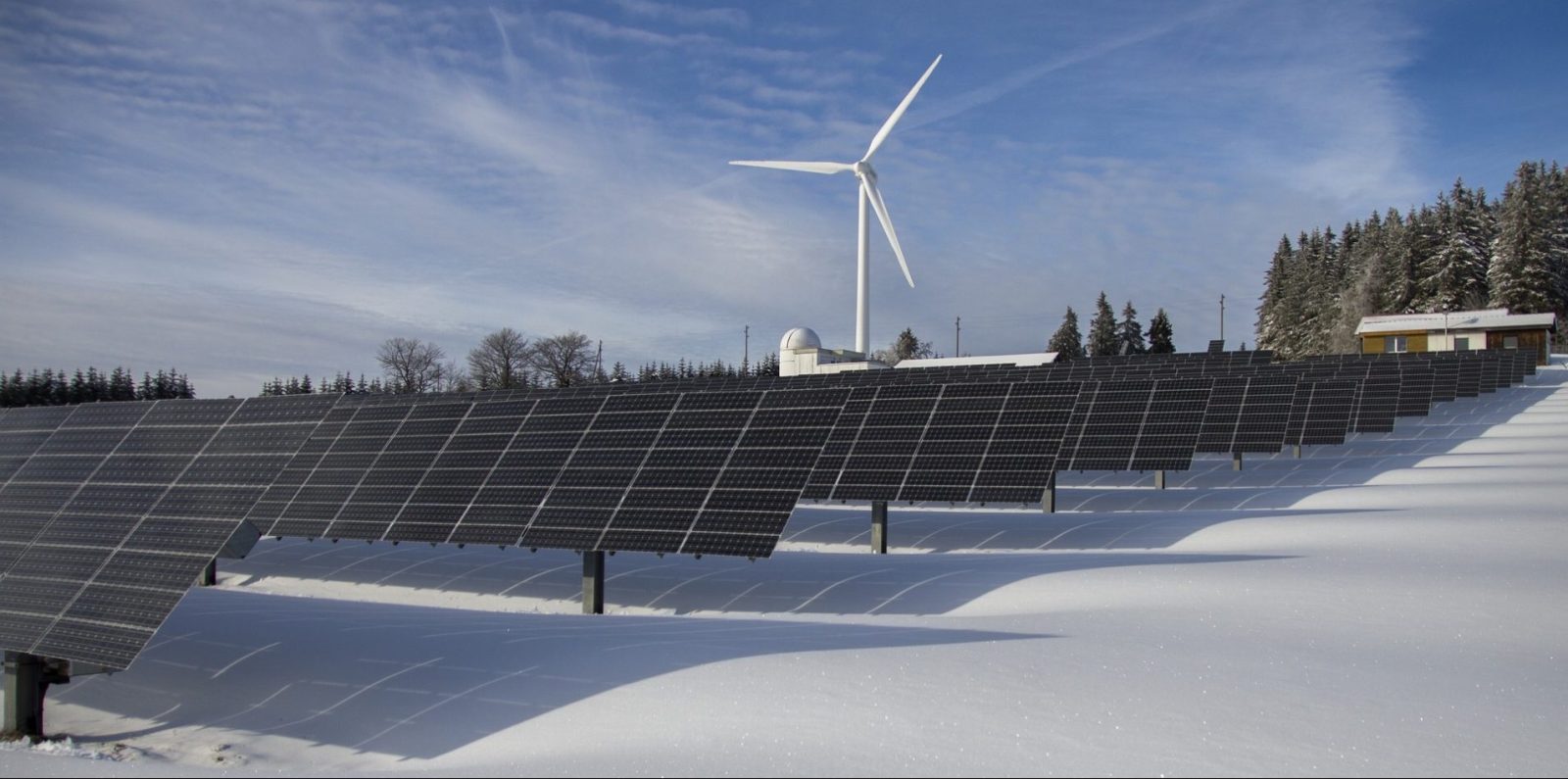
In today’s Electrek Green Energy Brief (EGEB):
- The WEF has analyzed the renewable energy transition of 115 countries. Here’s who’s leading.
- US CO2 emissions are expected to decrease by 11% in 2020.
- More than 300 businesses are calling for climate solutions in US economic recovery plans.
The Electrek Green Energy Brief (EGEB): A daily technical, financial, and political review/analysis of important green energy news.
Top 10 renewable transition leaders
The World Economic Forum has released the Energy Transition Index 2020, a “a fact-based ranking intended to enable policy-makers and businesses to plot the course for a successful energy transition.” The index analyzes the energy sectors of 115 countries.
Europe is clearly leading the world in the transition to renewables. The 10 countries most prepared for the energy transition are, with 1 being the best:
- Sweden
- Switzerland
- Finland
- Denmark
- Norway
- Austria
- United Kingdom
- France
- Netherlands
- Iceland
The UK and France are the only two G20 economies in the top 10. The progress of the US, ranked 32nd, has been impeded by policy decisions. China is ranked 78th, and “currently has the world’s largest solar PV and onshore wind capacity.” However, China is also the largest producer and consumer of coal in the world. Argentina, India, and Italy have shown consistent strong improvements annually.
This year’s report is unusual, as the COVID-19 pandemic has thrown up some new factors:
- The erosion of almost a third of global energy demand
- Unprecedented oil price volatilities and subsequent geopolitical implications
- Delayed or stalled investments and projects
- Uncertainties over the employment prospects of millions of energy‑sector workers
But the need for sustainable energy has never been greater as climate change continues to loom.
Roberto Bocca, head of energy & materials at the World Economic Forum, said:
The coronavirus pandemic offers an opportunity to consider unorthodox intervention in the energy markets, and global collaboration to support a recovery that accelerates the energy transition once the acute crisis subsides.
COVID-19 will plunge US emissions in 2020
In 2019, US emissions decreased by 2.8%. In 2020, the US Energy Information Administration (EIA) predicts that carbon dioxide emissions will decrease by 11% (572 million metric tons) in 2020. The massive drop, a record, will be the result of restrictions on business and travel and slowing economic growth related to COVID-19.
Further, as the New York Times reports:
In just the first four and a half months of this year, America’s fleet of wind turbines, solar panels, and hydroelectric dams have produced more electricity than coal on 90 separate days — shattering last year’s record of 38 days for the entire year. On May 1 in Texas, wind power alone supplied nearly three times as much electricity as coal did.
The US will produce more electricity this year from renewable power than from coal for the first time.
However, the EIA also forecasts that in 2021, energy-related CO2 emissions will increase by 5% as the economy recovers and stay-at-home orders are lifted. Which leads us to…
Corporates want renewables in recovery plans
CEOs and other representatives from more than 300 businesses, “LEAD on Climate 2020,” have called on US Congress to rebuild a more resilient, sustainable economy from COVID-19.
Sustainability nonprofit Ceres, who is supporting the group of businesses, reports:
LEAD on Climate 2020 [made] the case to US House and Senate lawmakers on both sides of the aisle that a climate-smart recovery is needed to build back better from the economic downturn. In virtual meetings with lawmakers, participating companies and investors will urge Congress to protect against future shocks and systemic risks stemming from the ongoing climate crisis.
Specifically, they called for:
- An accelerated transition to a net-zero emissions economy by 2050 or sooner
- More investment in resilient infrastructure
- Effective climate solutions — including those that fully leverage the job opportunities of zero-carbon industries
- Support for longer-term, market-wide policy mechanisms such as a price on carbon
Businesses participating in LEAD on Climate 2020 include General Mills, Microsoft, Visa, and Nike. The businesses include more than a dozen Fortune 500 firms and represent combined annual revenues of more than $1 trillion and a shared market valuation of nearly $11.5 trillion. They employ more than 3 million people.
FTC: We use income earning auto affiliate links. More.





Comments